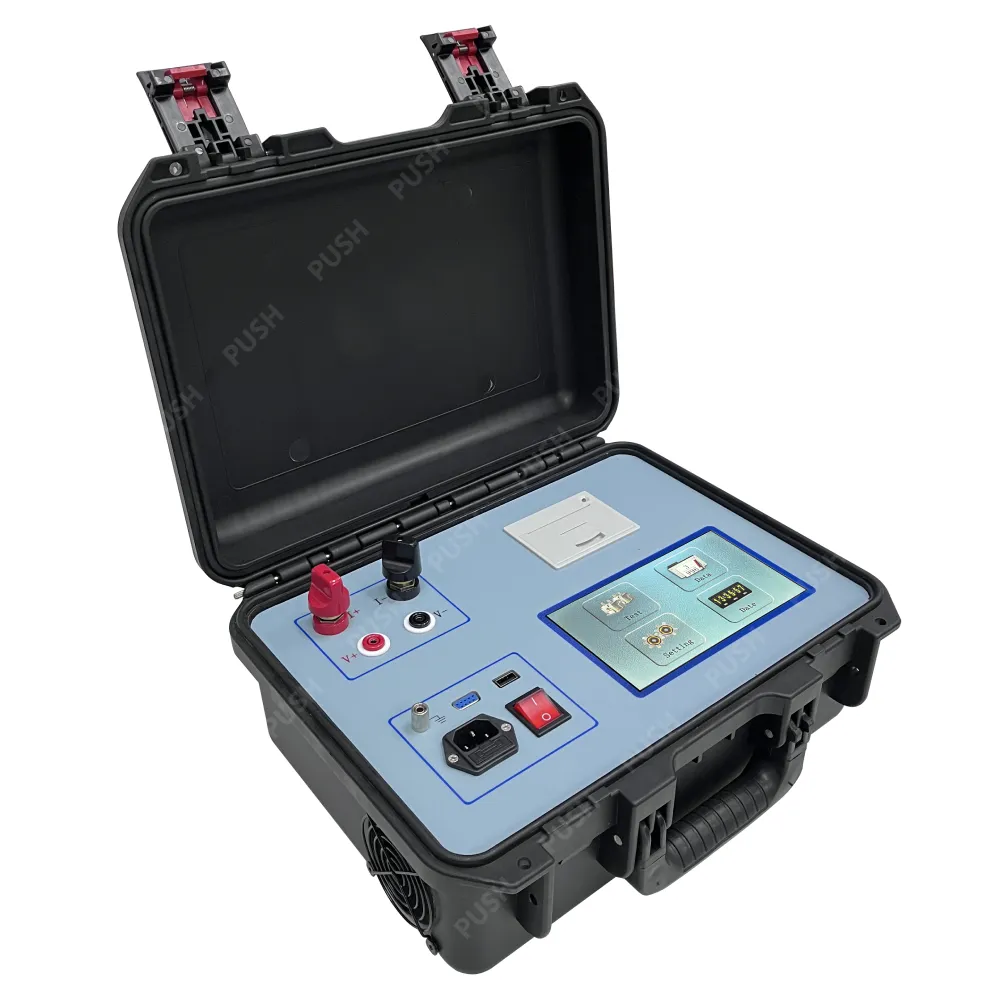 English
English


Understanding Electrical Insulation Testing Tools for Safety and Efficiency in Electrical Systems
Understanding Electrical Insulation Testers Importance and Application
Electrical insulation testers are crucial devices used in the electrical industry for assessing the integrity of insulation systems. Insulation is vital for protecting electrical systems from faults, enabling safety, reliability, and functionality. This article discusses the significance, types, and applications of electrical insulation testers.
Importance of Insulation Testing
Electrical insulation serves to isolate conductors within systems, preventing unintended electrical paths that could lead to equipment failures or hazards like electrical shocks and fires. Over time, insulation can degrade due to various factors such as humidity, temperature fluctuations, chemical exposure, and mechanical stress. Regular testing is essential to ensure that insulation remains effective and to identify potential issues before they escalate into dangerous situations.
Testing the insulation resistance helps in determining the quality of insulation and assessing its lifespan. By measuring the resistance of insulating materials, electricians can gauge whether it meets the necessary safety standards. Low resistance readings indicate possible insulation failures, prompting maintenance or replacement before they result in downtime or accidents.
Types of Insulation Testers
Electrical insulation testers come in various types, each designed to suit different applications and requirements.
1. Analog Insulation Testers These use a traditional analog meter to display resistance readings. They are simple and cost-effective, ideal for basic testing needs.
2. Digital Insulation Testers These devices provide digital displays and often include features like data logging and memory storage, which can be useful for tracking insulation integrity over time.
3. Megohmmeters (Megaohm Testers) Specifically designed for high-voltage insulation testing, megohmmeters apply a higher voltage to the insulation material, allowing for more comprehensive analysis. They are essential in industrial applications.
electrical insulation tester

4. Automated Insulation Testers These advanced devices come with automated testing capabilities, allowing for quicker assessments and high accuracy. They're particularly advantageous in large installations where efficiency is key.
Applications of Insulation Testers
The applications of electrical insulation testers are diverse and permeate various sectors, including
- Industrial In industrial settings, insulation testers are used to evaluate machinery, transformer windings, and motors. Consistent testing helps maintain operational efficiency and ensure worker safety.
- Commercial Electrical systems in commercial buildings require regular insulation testing to prevent potential risks. Insulators in lighting, HVAC systems, and other electrical devices need to be routinely tested to ensure safety compliance.
- Residential Home electrical systems also benefit from insulation testing. Homeowners can have their electrical installations tested to guarantee safety and performance, especially in older properties with outdated wiring.
- Renewable Energy With the rise of solar and wind energy installations, insulation testers play a critical role in maintaining the integrity of these systems, ensuring that energy production is safe and efficient.
Conclusion
Electrical insulation testers are indispensable tools for ensuring safety in electrical systems across various industries. Regular insulation testing not only helps identify potential failures but also extends the life of electrical equipment and enhances reliability. Understanding the types of insulation testers and their applications enables professionals to make informed decisions, ultimately promoting safer working environments and preventing costly downtimes. Regular maintenance, guided by the insights provided by insulation testers, is essential for any electrical installation, reinforcing the importance of safety and operational efficacy in our increasingly electrified world.
-
Differences between open cup flash point tester and closed cup flash point testerNewsOct.31,2024
-
The Reliable Load Tap ChangerNewsOct.23,2024
-
The Essential Guide to Hipot TestersNewsOct.23,2024
-
The Digital Insulation TesterNewsOct.23,2024
-
The Best Earth Loop Impedance Tester for SaleNewsOct.23,2024
-
Tan Delta Tester--The Essential Tool for Electrical Insulation TestingNewsOct.23,2024





